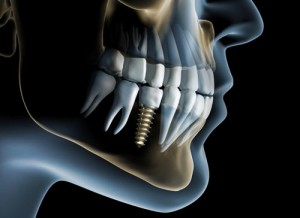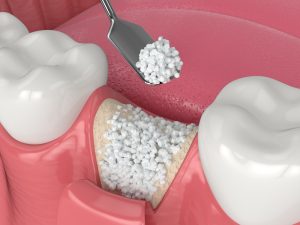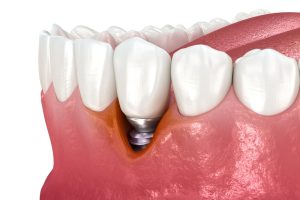Your Questions Answered by an Implant Dentist Near You
Ready to transform your smile with natural-looking dental implants? Dr. Brace and our experienced team at St. Louis County Dental have helped countless patients throughout Woodbine, Kirkwood, and Clayton regain their confidence and enjoy all their favorite foods again. Our dental implant specialists near you combine advanced training in restorative and cosmetic dentistry to deliver results that look, feel, and function just like your natural teeth.
Don’t let missing teeth hold you back any longer. Take advantage of our special $1 consultation offer and discover how dental implants can restore both your smile and your quality of life. Our full-service approach means you’ll receive comprehensive care in one convenient location at prices that fit your budget.
Call St. Louis County Dental today at 314-762-6784 to schedule your $1 consultation and take the first step toward your new smile!







